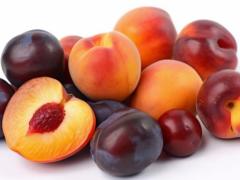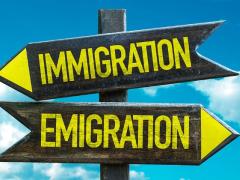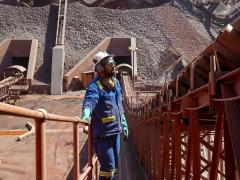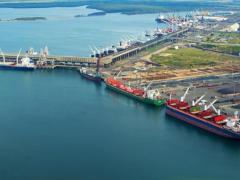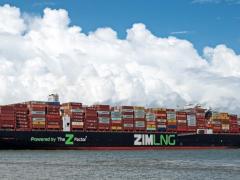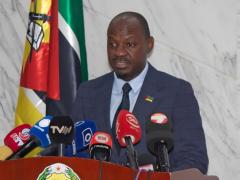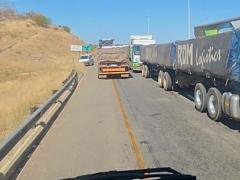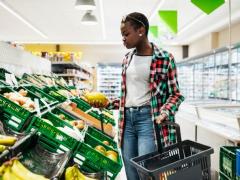With the Russian invasion of Ukraine, global markets, trade routes, and value chains are sure to once again be interrupted in various ways – just as many people and businesses were hoping that things would return to some measure of normality after more than two years of the Covid-19 pandemic and government lockdowns.
For South Africa specifically, the leeway afforded to the fiscus by the recent commodities boom may not be enough to account for the country’s pronounced structural policy issues.
Consequently we remain in a fragile state in a context of global trade and economic disruptions.
The Eurozone remains South Africa’s largest export market.
If sanctions on Russian exports increase the price of commodities, countries such as South Africa stand to benefit.
However, such benefits could be neutralised by the higher oil price – especially considering the news that the SA Petroleum Refinery operations in Durban will be indefinitely suspended by the end of March 2022.
Higher oil prices could also increase domestic inflation, increasing the cost of basic goods and services, and further curtailing consumer activity.
Real GDP growth is unlikely to occur in that scenario.
While many European countries have imposed sanctions and other punitive measures on Russia, we need to see how the said sanctions will affect European countries if Russia radically changes its export and import patterns.
With more economic pressure on and within the Eurozone, the downstream effects on its trading partners such as South Africa could be profoundly negative.
The 2022 Budget, delivered by Finance Minister Enoch Godongwana in late January, indicated that the country’s finances are in a better state than at first thought – at least, on the surface.
The government’s debt-to-GDP ratio is expected to peak at 75.1% in 2024/2025.
Ratings agencies have often cited the debt burden as depressing private-sector activity; the bigger the state, the more it will need to collect in terms of tax revenues to sustain its own activity.
And, on average, where it does spend, that spending is not always the most efficient.
The size of the public sector wage bill, and the precarious state of most state-owned entities (with government and the economy on the line if those default on their debts) are two examples of the structural burdens that remain on the neck of the economy, and that inhibit the country’s potential for growth.
National Treasury forecasts an average GPD growth rate of 1.8% over the next three years. This falls well short of the levels required to address an unemployment rate exceeding 46%. As yet, South Africa does not have the ingredients in place to encourage serious capital investment and formation – all of which is necessary for business growth and the creation of more job opportunities.
It appears that government is moving ahead with various Localisation Master Plans; despite the stated aims of re-industrialisation, these are unlikely to fix the myriad problems that plague Transnet port and rail operations.
Tariffs and reams of unnecessary bureaucracy are further examples of underlying structural problems that fundamentally undermine the country’s growth potential.
The establishment of the Transnet Ports Authority indicates that there is a chance for private-sector investment to move in and improve standards, but it remains unclear how much freedom such investors would be afforded.
To increase the chances of meaningful growth – and enable businesses and exports to take advantage of global events that may play in their favour – energy and resources should be directed towards improving the country’s basic trade operations. - Hattingh is Deputy Head of Campaigns at the Institute of Race Relations. He is a member of the advisory council of the Initiative for African Trade and Prosperity, and a Senior Fellow at African Liberty.


